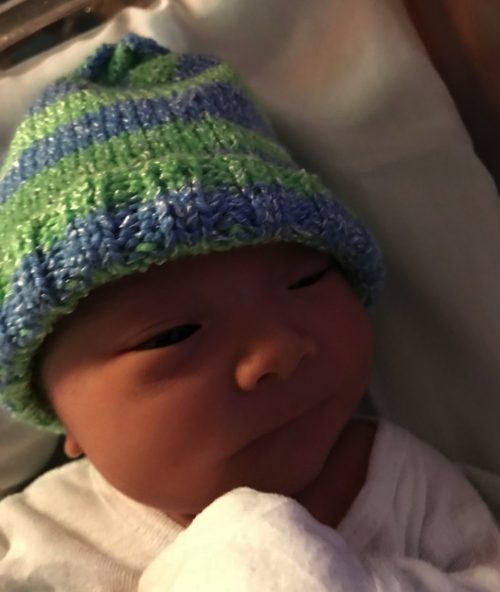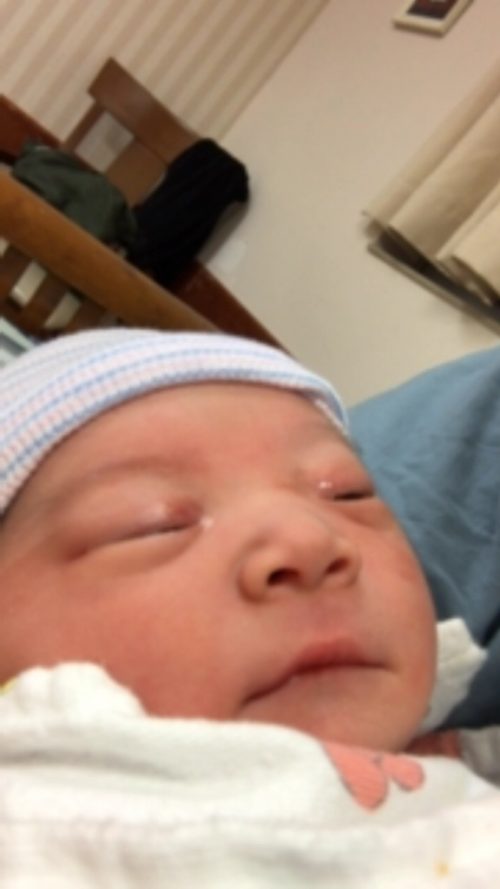Hey! It’s the last day of classes! And you know what that means…it means I was up until the wee hours grading papers! And do you know what that means? It means that when I did finally get a few hours of sleep, I had terrible dreams. In this case, I dreamt about spending a day with my grandfather.
My grandfather never touched me or hurt me, so it wasn’t that kind of dream. It was…well, if I dreamed of a day when I was eight or nine, it would go like this:
“Let’s go make something in the shop!”
“This is how you use a lathe.”
“We can look at the old drawings I did in high school.”
“See, I wanted to be an architect!”
“You can be anything you want to be.”
<Falls asleep watching the Jackie Gleason show.>
That wouldn’t be so bad. But no, I had dreams about days with my grandfather when I was 12-15. Those were not so nice. Those days were more like this:
I’d get there in the morning. He’d already have a stack of six-packs by his chair.
<slurp>
<slurp>
<increasingly slobbery slurps>
Let’sh go for a ride.
You wait here in the car for a minute.
An hour later…One more shtop.
Another hour later, we’d creep home at 5mph, the car weaving from side to side.
Bitch! Bitches!
Goddamn J*ps!
Ni**ers!
<Falls asleep before the sun is down.>
As I got older, I would spend less and less time with Grandpa, and when he suggested a ride down to the tavern, I’d just leave. He got worse and worse as he got older — and I wasn’t around at all — and my younger sisters have stories of his verbal abuse they are not happy to discuss.
So, yeah, when I have bad dreams (I usually don’t), the old man sometimes makes an appearance. These aren’t fearful dreams at all, though — more like soul-crushing dreams of bitter failure wallowing in spite and cheap beer. It just makes me sad.
At least when I wake up I realize that I’m now the age he was then, roughly, and get to bounce cheerfully off to a good job and hang out with smart people, and then come home to a happy family…or I would, if my wife weren’t off grandmothering in Watertown, NY for a few more weeks. I guess I’ll have to settle for a very needy cat.
“Hey, cat, this is how you use a word processor…”





